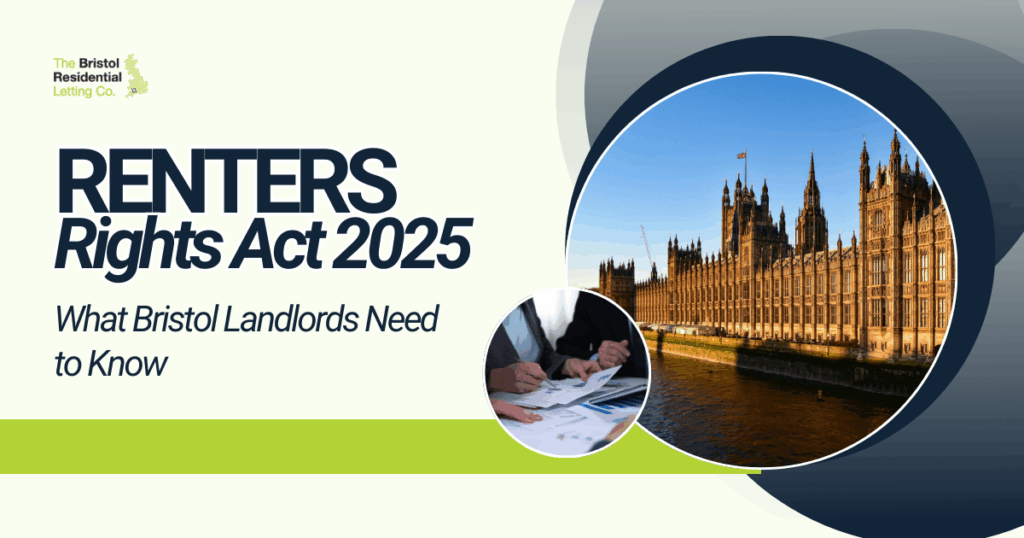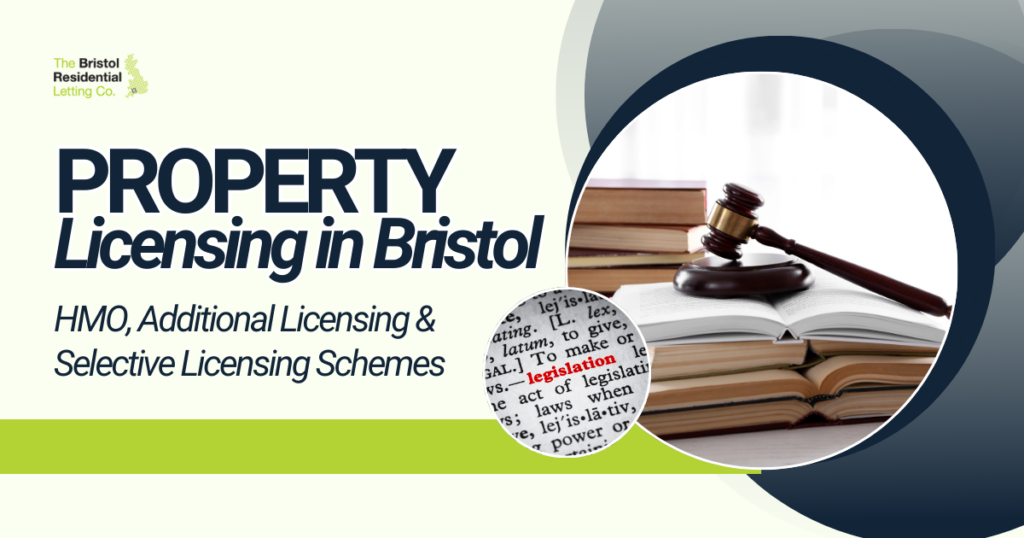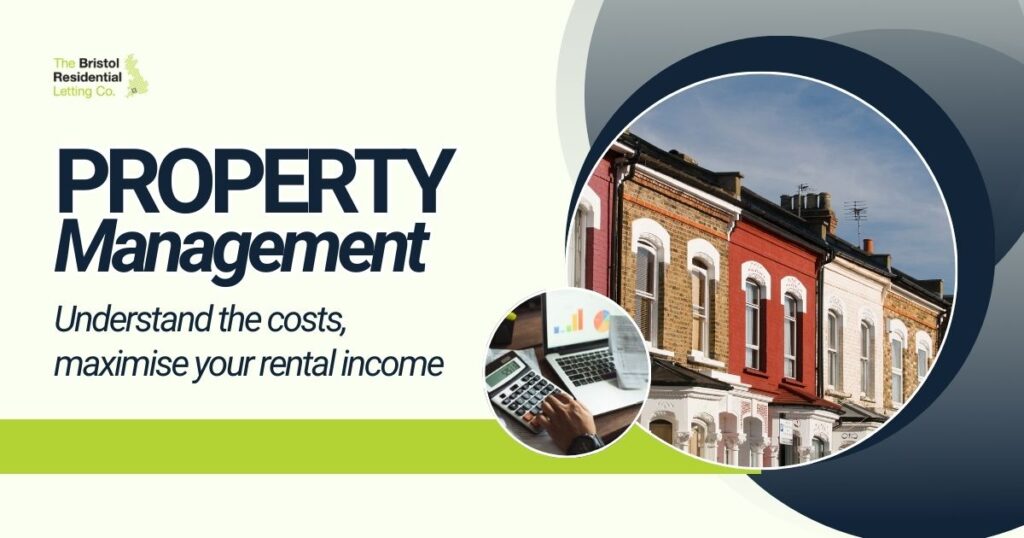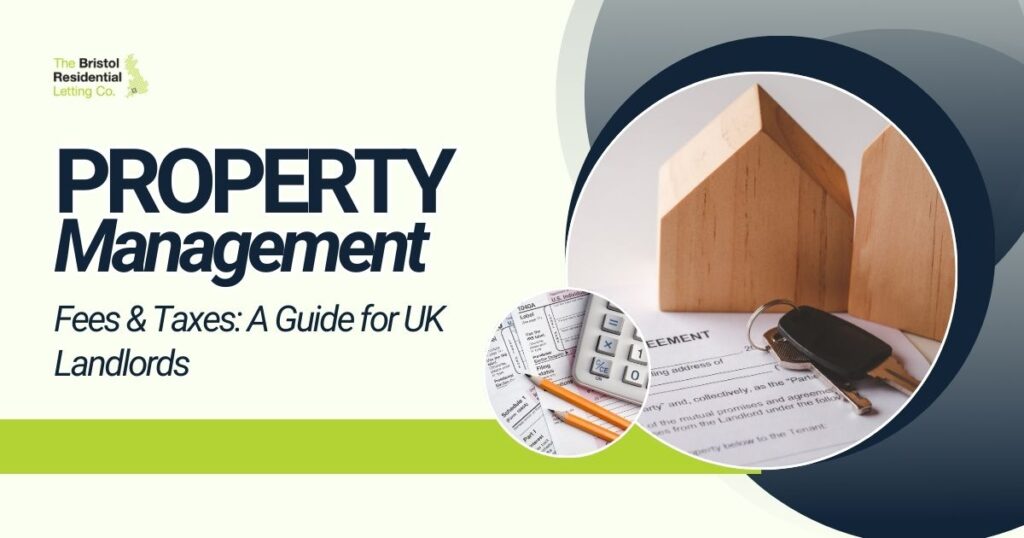Share Article
Contents
The Renters’ Rights Bill is the biggest shake-up of rental legislation in decades. For many landlords, it may feel like the ground is shifting, especially with the end of Section 21 evictions.
But if you’re a professional landlord in Bristol, or you use a trusted letting agent like The Bristol Residential Letting Co, this bill may not be as worrying as it first appears.
It could help raise standards across the board and make life harder for rogue operators who give landlords a bad name.
Here’s our simple guide to what’s changing, what stays the same, and how you can stay ahead.
Section 21 is Going — But You Can Still Regain Possession
The bill abolishes Section 21 ‘no fault’ evictions. This means landlords can no longer end a tenancy without a specific reason.
Instead, you’ll need to rely on a list of clearly defined legal grounds, known as Section 8 grounds, which include:
- Selling the property
- Moving in yourself or a close family member
- Tenants falling into significant rent arrears
- Antisocial behaviour or property damage
These grounds are already part of tenancy law but have now been updated and strengthened.
Importantly, landlords must now give 4 months’ notice when evicting to sell or move in and can’t use those grounds in the first 12 months of a new tenancy.
You’ll still need to go to court if the tenant refuses to leave, but clear, well-documented grounds will help your case.
All Tenancies Will Become Periodic
Once the new rules come into effect, all tenancies — including current fixed-term ones — will automatically become periodic.
This means tenants can leave at any time by giving two months’ notice, even if they initially signed a 12-month agreement.
It’s designed to give renters more flexibility. For landlords, this means less certainty about how long a tenant might stay, but in practice, professional tenants, such as those we deal with at The Bristol Residential Letting Co, prefer to stay long-term, especially in well-managed homes.
You Can Still Increase Rent — With Some New Rules
Rent increases will be limited to once per year and must be done using a Section 13 notice.
You’ll need to give at least 2 months’ notice, and the new rent must reflect market value.
Tenants can challenge unfair increases at a tribunal, but importantly:
- Tribunals can’t raise the rent above what you propose.
- Increases won’t be backdated.
- In hardship cases, they can be deferred by up to 2 months.
Compliance Just Got More Important
The bill introduces two major new requirements:
1. Private Rented Sector Database
All landlords will need to register themselves and their properties on a central database. This helps councils target enforcement and helps good landlords demonstrate compliance.
Without registration, you may lose the right to evict tenants using most legal grounds.
2. Private Rented Sector Ombudsman
Landlords will be legally required to join a new Ombudsman scheme. This gives tenants a free and simple way to raise complaints, while also helping landlords resolve issues without going to court.
New Rules Around Pets, Discrimination and Rent in Advance
Several tenant-friendly changes are also coming into force:
- Pets: Landlords must consider pet requests and can only refuse if they have a good reason. You can require pet insurance to cover any damage.
- Rent in advance: You can no longer ask for more than one month’s rent upfront.
- Discrimination: It will be illegal to refuse to rent to tenants based on their benefits or children, even if your mortgage or insurance previously had such restrictions.
Rental Bidding Will Be Banned
You must now advertise a precise asking rent and cannot accept offers above it. This ends the practice of ‘bidding wars’ between tenants.
If your rent is priced correctly from the start, this shouldn’t impact you, and it creates a fairer system for all.
Speaking to one of our property experts about a rental valuation will ensure you get this right.
A New Standard for Property Conditions
The Decent Homes Standard is being extended to private rentals. That means:
- Homes must be free from serious hazards, such as damp and mould.
- Repairs must be made within set timeframes (under Awaab’s Law).
- Councils will be able to issue penalties of up to £7,000 for poor conditions, or prosecute in serious cases.
If you already maintain your properties to a high standard, there’s nothing to worry about here.
Why This Could Be Good News for Professional Landlords
While these reforms may feel like added pressure, there’s another way to look at them:
Rogue landlords will find it harder to operate.
Tenants will value well-run properties more than ever.
The gap between poor and professional landlords will widen.
In other words, if you’re doing things properly or working with a professional letting agent in Bristol, these changes could help you stand out and attract better tenants.
What Bristol Landlords Should Do Next
Here’s a simple checklist to help you prepare:
✅ Review your tenancy agreements
✅ Register on the new PRS Database (when it goes live)
✅ Join the PRS Ombudsman Scheme
✅ Make sure rent increases follow the new process
✅ Ensure your property meets the Decent Homes Standard
✅ Check your processes for handling pets and deposits
✅ Stay alert to further announcements on implementation dates
Need Help Navigating the Changes?
At The Bristol Residential Letting Co, we specialise in helping landlords like you stay compliant, protect your income, and provide a great experience for tenants.
If you’re unsure how the Renters’ Rights Bill affects your property, we’re here to help.
Get in touch for friendly, professional advice, or book a free tenancy review with our expert team.










